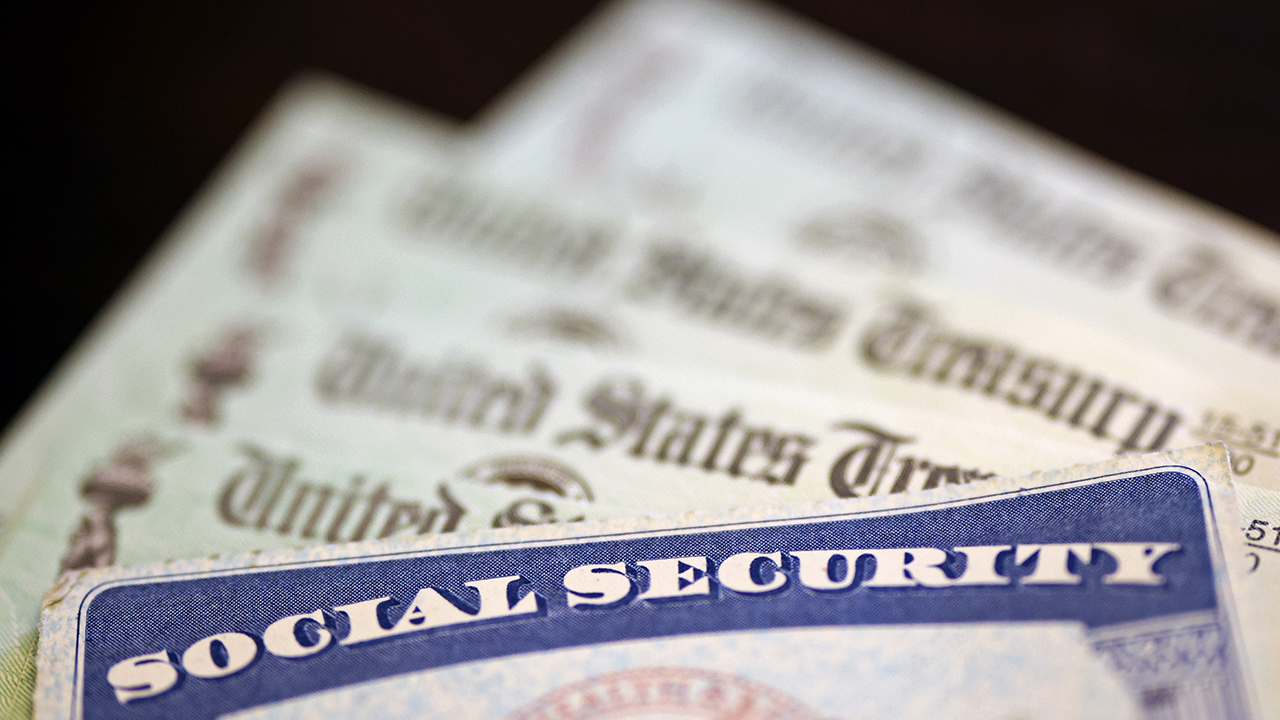Social Security benefits are falling short. The problem could soon get worse

Between 2010 and 2024, benefits have risen by about 58% due to the annual COLA. The cost of most goods and services purchased by the typical retiree rose 73% during that same period.
High inflation is continuing to wreak havoc on older Americans' finances.
New research published by the Senior Citizens League, a nonpartisan group that focuses on issues relating to older Americans, estimated that Social Security benefits have lost 20% of their buying power since 2010. On average, payments for retired workers would need to rise by $4,440 per year, or $370 per month, to compensate for that lost value.
"The study confirms that prices older consumers are paying have outstripped cost-of-living adjustments (COLAs), leaving many on the edge of financial distress," the report said.
Between 2010 and 2024, benefits have risen by about 58% thanks to the annual cost-of-living adjustment. Yet the cost of most goods and services purchased by the typical retiree rose 73% during that same time period.
THE 'MAGIC NUMBER' TO RETIRE COMFORTABLY HITS NEW ALL-TIME HIGH
The problem may soon get worse.
Recipients are on track to receive a 2.63% cost-of-living adjustment in 2025, which is below the current 3% pace of inflation. It would mark the lowest annual COLA since 2021. The Social Security Administration will release the final adjustment percentage in mid-October.
In the 1990s and early 2000s, about 60% of the cost-of-living increases beat the inflation rate, while in the 2010s, only 40% did. Through the 2020s so far, just one cost-of-living increase – a record 8.7% bump in 2023 – has done so.
"The reality is that COLAs have become less and less likely to match inflation over time," the report said.
AMERICANS ARE WORRIED ABOUT OUTLIVING THEIR RETIREMENT SAVINGS
Consumers are grappling with a number of financial headwinds, including steep interest rates and ongoing inflation that has made the cost of just about everything from rent to gasoline to groceries more expensive. The burden is disproportionately borne by low-income Americans, whose already stretched paychecks are heavily affected by price fluctuations.
While inflation has fallen considerably from a peak of 9.1% notched during June 2022, it remains above the Federal Reserve's 2% goal. And when compared with January 2021, before the inflation crisis began, prices are up nearly 20%.
GET FOX BUSINESS ON THE GO BY CLICKING HERE
The uncertain economic landscape has many Americans reconsidering whether retirement is a realistic goal.
More than one-quarter of all non-retired investors said they would likely be forced to return to the workforce at some point due to inadequate savings if they were to retire within the next 12 months, and 19% doubt they will ever save up enough money to retire, according to separate survey data from Nationwide.
"Americans believe they will need over $1 million to retire comfortably, a figure that could be discouraging for even the most committed retirement savers," said Rona Guymon, senior vice president of Nationwide annuity distribution.
